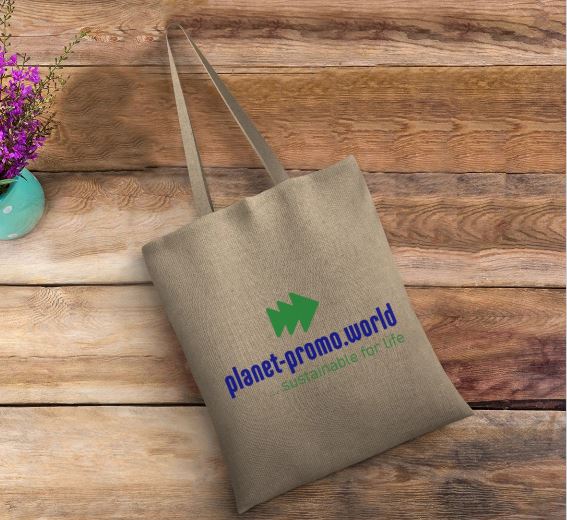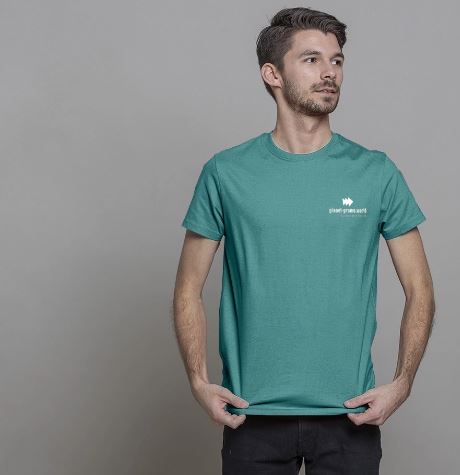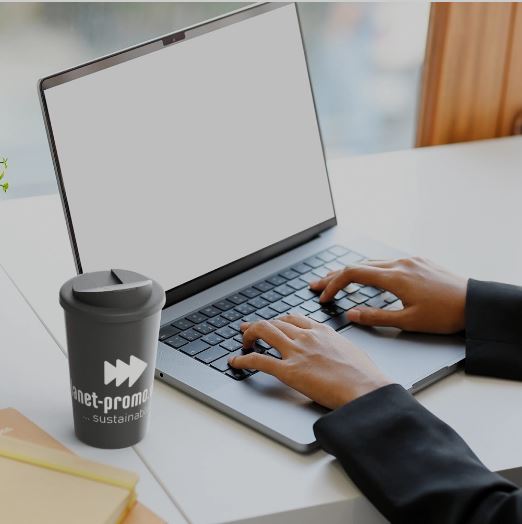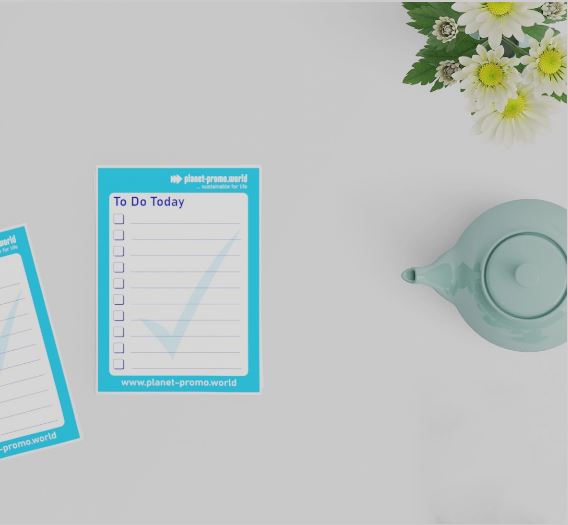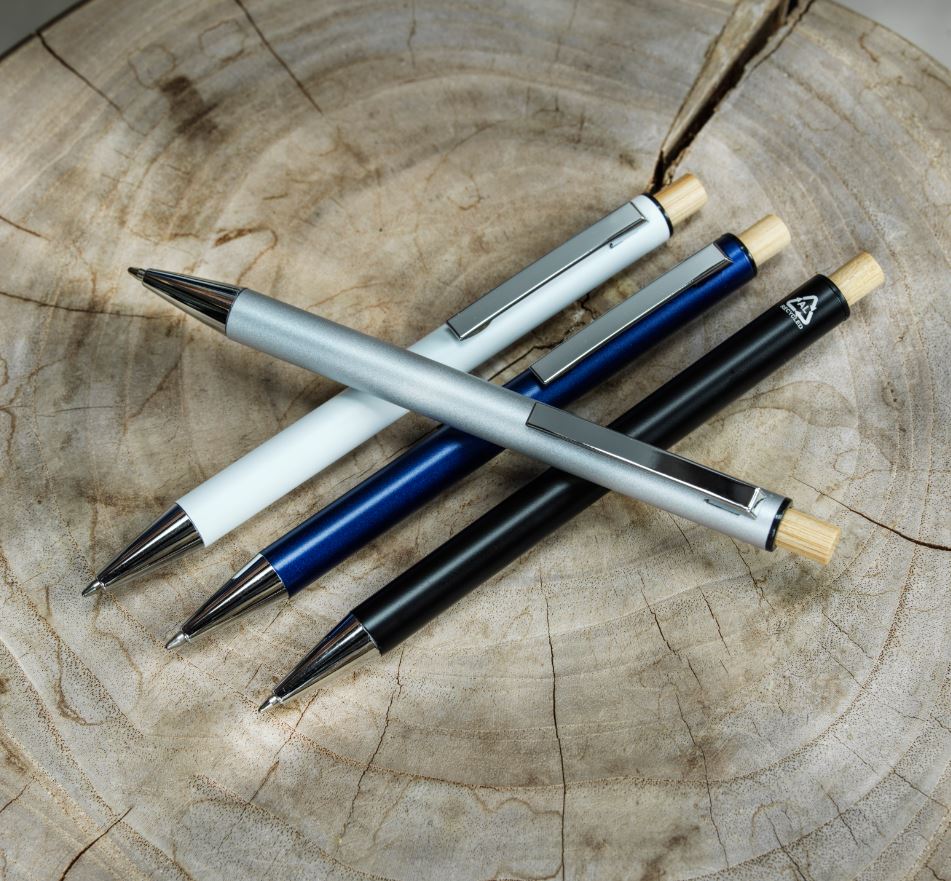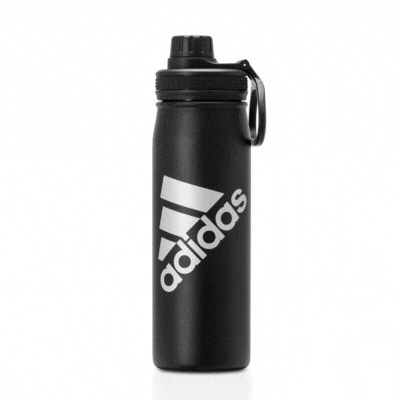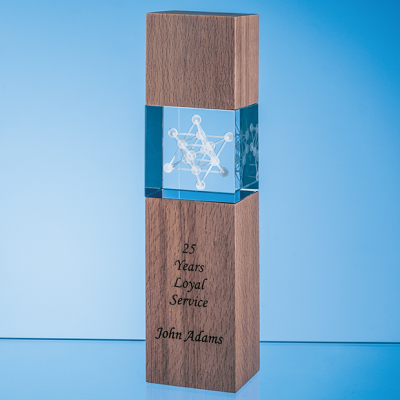Let’s not waste the summer!
As businesses, we need to promote ourselves and gathering together at exhibitions and summer events is a brilliant way of doing so. For all the digital media channels available to us these days, nothing is quite as powerful as face-to-face contact. But traditional promotional display materials and merchandise tend not to be very sustainable and the events themselves create a lot of waste. With a season of summer events coming up (closely followed but the autumn exhibition season), it’s worth looking into this and thinking what we can do about it.
First let me say, there is no simple and easy answer. Improvement is dependent on every stakeholder playing their part, from exhibition organisers and sponsors to exhibitors and visitors, not to mention the venue organisers hosting the event. If you want to see what good practice looks like from a venue organiser’s perspective, look no further than the Glastonbury Festival, a not-so-mini city of 175,000+ people that is assembled and disassembled for one week each year with all the impact on the environment that that entails. It runs an extraordinary recovery and recycling operation that embraces the three key factors of any sustainability journey – commitment, current best practice and continuous improvement.
In our own way, each of our businesses needs to do the same. When discussing sustainability with our customers at Planet Promo, we emphasise that it is a journey we are all on and not an end destination. This journey requires each of us to assume an obligation to do better today than we did yesterday, and to do better again tomorrow. That way we will make swift and positive advances. The power of everyone doing a little is so much greater than any one organisation doing a lot.
So what does that look like in practice and how can we modify the way we approach these occasions?
- As promotional products specialists, our role must change. The model of pile-‘em-high-sell-‘em-cheap must go. We have to engage in dialogue with our customers about sustainability, bring awareness to the table about the impact of certain products in comparison with alternatives, be knowledgeable about the provenance of our wares and work with only the best manufacturers and wholesalers. We need to stress the need for less ‘stuff’, the benefits of fewer, better quality and more durable and recyclable products, The industry is too vast to know everything, but by being demanding of our suppliers, not just about the products they make, but the way they package and deliver them, we can (and do) press for improvements. And by being knowledgeable of best practices in our industry, we can offer better advice to our customers. Needless to say, this inevitably involves not believing everything we are told, as we have to be alert to greenwashing. Sticking a bamboo veneer on a power bank, for instance, does nothing to advance the cause of sustainability. And sticking a label on a product saying 'Eco' when it is not, is worse than doing nothing, because it not just wastes a label, but it deliberately undermines the good work many are doing.
- Venues and organisers know waste will be generated at their events. But they have to place clear expectations on exhibitors to help minimise waste and to ensure that the waste generated is properly sorted and disposed of. This means providing and encouraging the proper use of better facilities. Too many venues have perhaps only two options – general waste and recycling - that are simply inadequate. They should also publish information about how they are making their events greener – the waste generated, the amount recycled, the energy used etc and make that a key part of their media packs.
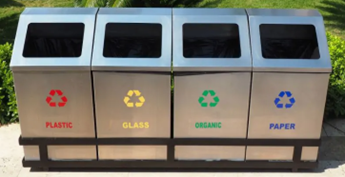
Equally sponsors should consider whether it is really necessary for each visitor to be given a bag filled with information and giveaways. The chances are that a large proportion of what is given out will be neither wanted nor needed and will end up wasted. Far better for there to be an area where such stuff can be displayed and visitors given the opportunity to take just what they want or need. - As an exhibitor, we have the most influence. We can be demanding of suppliers of exhibition materials and event organisers. We should be asking them for the environmental impact statements for their events or certificates of conformity to back up any eco claims. We can ourselves create designs that are multi-use and not just one-offs and ensure those designs are printed on recyclable, non-toxic materials. Where one-off messages are needed, we can use technology to display these so they can easily be changed when needed. We can also select merchandise that has real value and durability. If we would be unimpressed to receive what we are giving away, the chances are that most other people will be unimpressed too. Giving out stuff en masse, just creates waste too. Better to invest in fewer, higher quality items, but as this creates increased appeal (not to mention additional cost per unit), we should control their distribution and only give them to recipients who fit the right profile and express a need. So we have higher cost, higher quality, more durable items, but fewer of them and selectively given. Of course there is merit in the sort of universal giveaway that might attract people to our stand in the first place and earn us the right to have a chat with them. So by all means have a fun and engaging item to which people can just help themselves (not forgetting their innumberable kids who always seem to be at home just desperate for Mummy or Daddy to bring them a gift back 😃). Just make sure it is truly sustainable like the examples below. There are plenty of options to choose from:




LEt's not forget also that the display banners we use are made of optimal materials. Roller banners are traditionally made of PVC. PVC is a cheap and widely used material that is very bad for the environment. It cannot be incinerated because of the toxic fumes it gives off and in landfill it leaches toxins into the ground and ultimately the waterboard. The better choice is a slightly more expensive material that is PVC-free and fully recyclable. Likewise there are now options for fabric banners and table cloths that are made from rPET material (mainly waste plastic bottles). They look just as good, as you can see below, and perform as well. So it is really a no-brainer.

- As a visitor to these events, your role is simple. Before accepting anything, however well-intentioned it may be, think if you really need it. There really is little point in taking home another water bottle if you already have a cupboard full of them! And if you generate waste, dispose of it properly. That will maximise the chances of it being recycled.
So going back to Glastonbury’s own waste policy, we can see how the key messages of sustainability resonate with those relevant to promoting your business:
WHAT YOU CAN DO:
Around half of all waste created by Glastonbury Festival is reused or recycled. But with help from you we can do even better.
- Please bring a reusable water bottle.These can be filled for free at our taps and WaterAid kiosks across the Festival site.
- Please only use what you need.If every Festival-goer used four napkins instead of one, there would be an extra 450,000 napkins wasted unnecessarily.
- Please use our recycling bins.It is not okay to drop litter on the ground. Help us by placing your waste into the correct recycling bins.
- Take your tent and equipment home with you.Nothing should be considered disposable so please only bring equipment that is built to last.
- Please avoid using disposable wipes. Even biodegradable wipes, which quickly breakdown into micro-plastics, are problematic environmental pollutants.
In other words: avoid waste wherever possible, take only what you need, make sure what you use can be used over and over, be responsible. This is the mindset change we can all make now...easily. With everyone together doing a little bit more every day, we achieve the biggest impact. Of course, I am not saying this solves all the problems. Far from it, but it is just one more beneficial thing and, remember, every beach consists of lots and lots of very, very small grains of sand.

